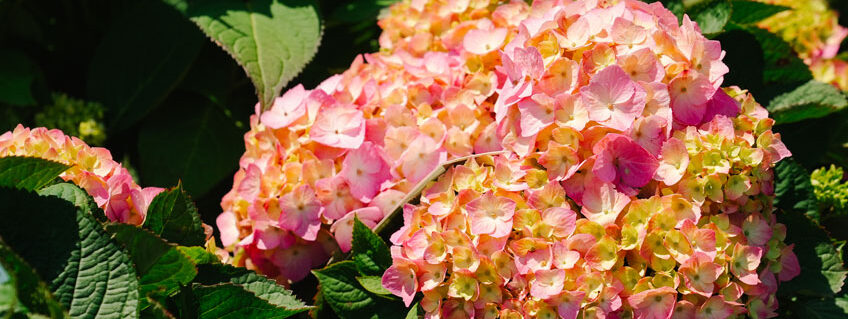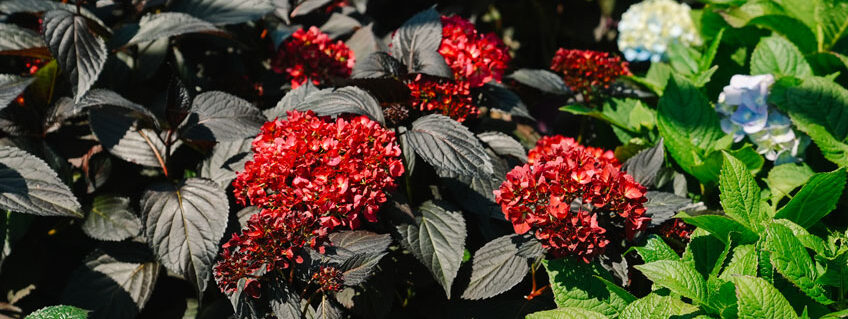The warm temperatures of early spring have certainly helped the crocus and daffodil bulbs pop out of the ground quickly. In addition to those beautiful flowers making a splashy entrance, cool season weeds have begun to germinate. Weeds are the nemesis of the lawn and garden. They steal water, light and nutrients from the plants and turf we love and make it difficult to enjoy the beauty in our yard. The presence of weeds in your yard can indicate certain issues that you may not be aware of. For instance, dandelions prefer to grow in poor soil and clover prefers to grow in a soil when there’s not enough nitrogen, or soil that is moist and contains a high amount of clay. Weeds can tell you a lot about the health of your soil and controlling the weeds is only the first step. Remember a healthy soil equals a healthy plant.
In order to manage the weeds in your yard, you need to determine whether they are either annual or perennial. Additionally, there are cool season weeds that only germinate when the weather is cool and warm season weeds that only germinate when the weather is hot. Some examples of cool season weeds that are common in Massachusetts are hairy bittercress, henbit, and wild violets. Warm season weeds, like crabgrass, won’t germinate at this time of the year. Perennial weeds, like dandelions, have a root that stays alive during the winter and will grow leaves once the soil temperature warms up.
Cool season weeds will actually die when the weather becomes consistently hot. Shortly after they germinate in the early spring, they set flowers, and then seeds develop which are usually spread by wind or animals. They land on the barren ground and hibernate through the hot summer, ready to germinate again when the weather becomes cooler in the fall, starting the same process as in the spring, leaving seeds for the following spring. This never ending cycle can be minimized or totally controlled with herbicides, constant cultivation and mulching.
Once the weed seedlings have germinated any pre-emergent weed control, like Preen, is not effective. In my yard alone I see signs of baby weeds that have germinated and so my only options now is to either cultivate the beds, disturbing the roots and hopefully allowing them to die off or spray a post-emergent weed control on them in order to kill them. The best product available is Bonide Weed Beater® ULTRA because it is effective on over 200 hard to kill weeds, right to the roots and performs better in cooler weather than other weed control products. I have had mixed results applying a pre-emergent weed preventer in the fall to prevent the next years generation of seedlings from germinating, but it is worth a try. Keep in mind if you do apply a pre-emergent weed preventer on your lawn you won’t be able to plant grass seed.
Either way, cultivation or spraying a weed control, isn’t the only way to prevent these weeds from coming back in the future. Having a healthy soil and correct fertilization program for your lawn or plant beds will only encourage them to grow stronger and crowd out the weeds before they get time to establish a presence in your yard.
By Jim Connolly, MCH, MCLP
Weston Nurseries Garden Center Manager, Chelmsford Facility








